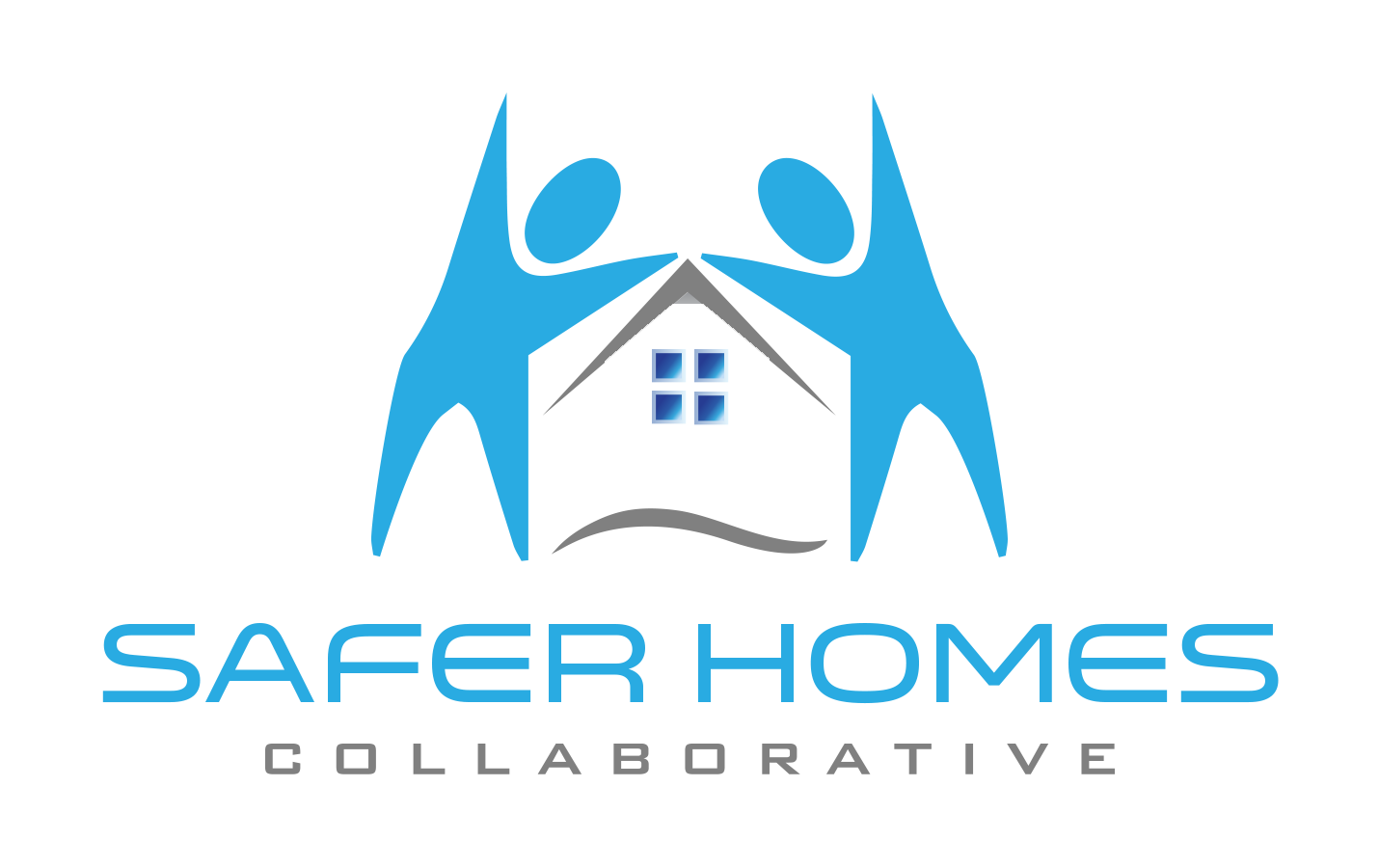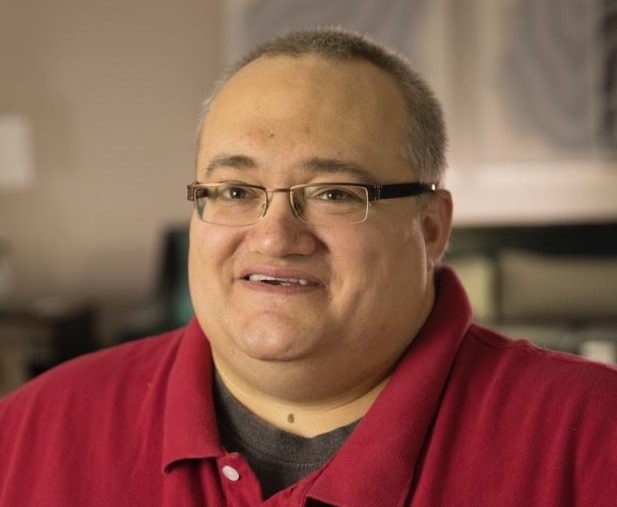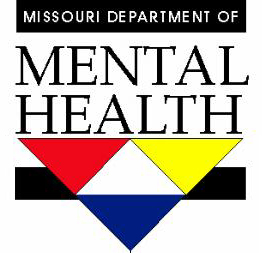Heartland Behavioral Health Sciences
Heartland Behavioral Health Services has been providing care for children and adolescents for over 100 years. We treat male and female patients ages 4 through 17 in both acute as well as residential programs, all of which have been designed and tailored to help our patients grow and prosper. We continuously focus on our mission of changing lives while providing an individualized experience for each child that enters our facility.
We offer the following services for a variety of mental health issues. Programming is specialized to further catered to each individual child that comes to us.
website: https://heartlandbehavioral.com/








